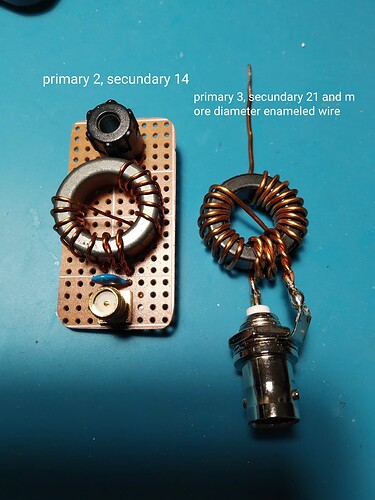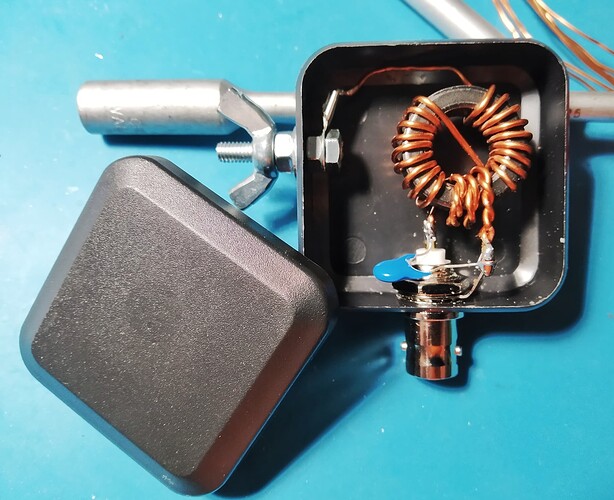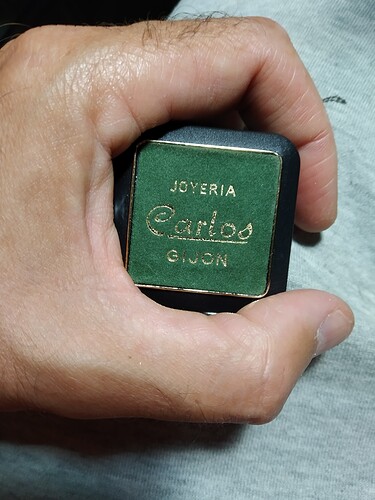What’s the difference among 2:14, 3:21 & 3:24 transformer ratios in terms of efficiency, SWR & bandwidth?
Hello,
lots of useful info on the reflector if you make a search.
Just to provide a short way, just check here first, and read on in the post:
Take your time to read deeply and avoid mistakes like loose coil winding, separated turns, etc
73
I asked the same question some weeks ago here:
The suggested video by Colin MM0OPX was very interesting and helpful:
73 Martin, OE5REO
Thank you for the link.
2:14 is ratio 1:7, 49:1 transformer, about 2450 Ohms from 50 (49x50).
3:21 is about ratio 64:1, 3200 ohms, 50x64.
Every wire has his own impedance at determinate frecuency in each location.
You must create the nearest ratio transformer to get the best value ratio for your own wire.
I make custom ratio adding or removing secundary turns to get Z=50 ohms.
I thinks better performance will get when less ratio transformer, better 2 turns than 3 in the primary, for example.
But It is more dificult test it at field. The toroids allow loosses of course
Two turns may be insufficient to provide low magnetising currents. Three turns is usually recommended. High magnetising current wastes power in the core. Of course the core cross section is equally important.
I’m sure Owen Duffy wouldn’t be happy with the statements made above.
He says the really essentials in his 2 posts below.
Fast readers please note:
-
ln(x) is not log(x)
-
Math.log(x) means ln(x)
https://owenduffy.net/blog/?p=11786
https://owenduffy.net/blog/?p=14376
EDIT
Sorry, Owen Duffy’s post discussing the leakage inductance is of course on the same level as the two posts above:
https://owenduffy.net/blog/?p=23594
You probably got the right, indeed I just made another 49:1 with a FT82-43 with 3 turns in the primary.
Thanks for support!
Left: old, right: new modelo (still without enclosure or PCB and without C.
Finished:
Hi
I experimented lots and ended up with 3:22 turns for ~ 1:54 ratio
Cheers
Rick
Rick,
I have found that the 3:22 works well as well.
Malen
VE6VID
There is interesting videos from DL2MAN (one of developers of uSDX).
For me, I the selected 3 primary and 24 total and 150pF from Owen Duffy’s posts for FT-82-43. The same winding is used by QRPGuys EFHW kits (which important for me, because this is commercial product).
I was able to tune to 1:1.1 SWR with such winding. With 3 primary and 21 total it was about 1.5.
But also, it is important a length of the counterpoise (feeding coax line before common mode choke).
Hi
I prefer to use a separate counterpoise and isolate the coax outer (either a separate choke or separated un-un winding). Then I can use several options of coax depending on the situation without impacting the performance.
I have a weight and a crocodile clip on the end of the counterpoise wire so I can throw it, and if there is a convenient metal fence I can attach it (assuming it’s not an electric fence !)
Rick





